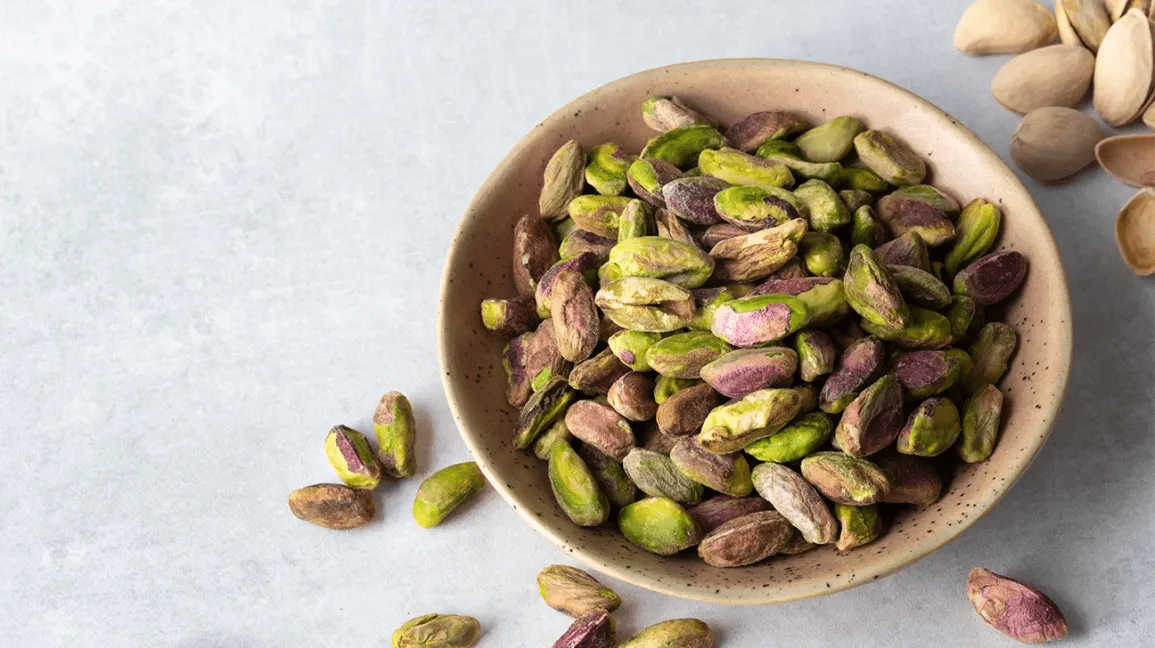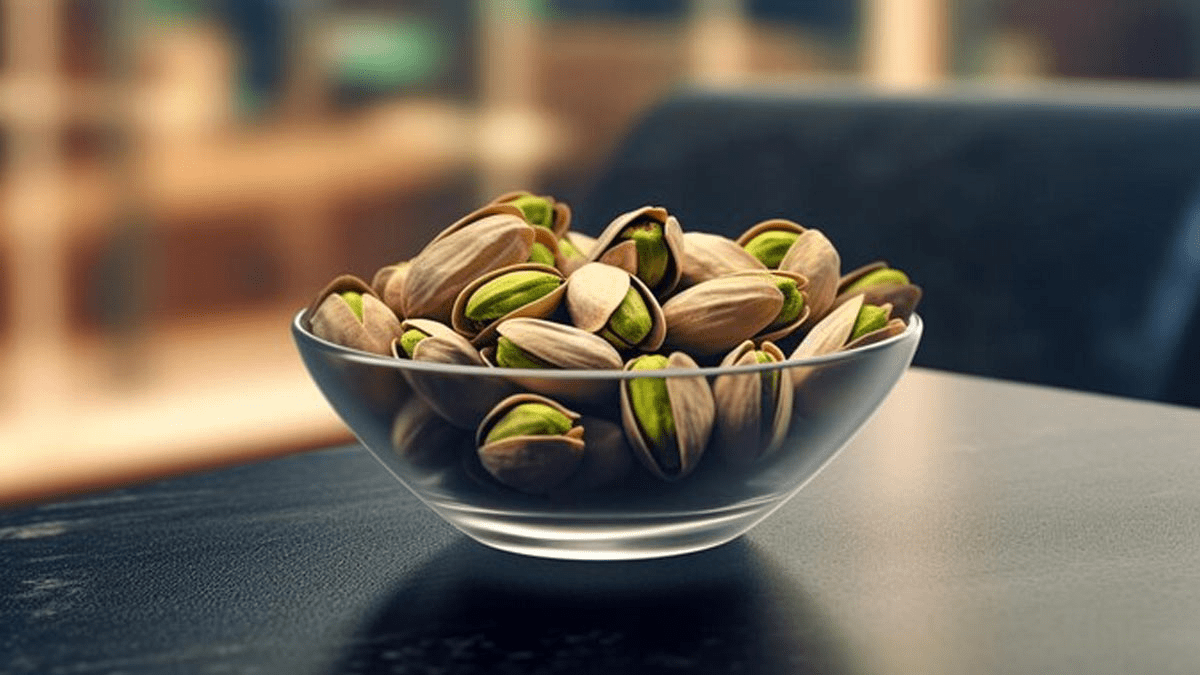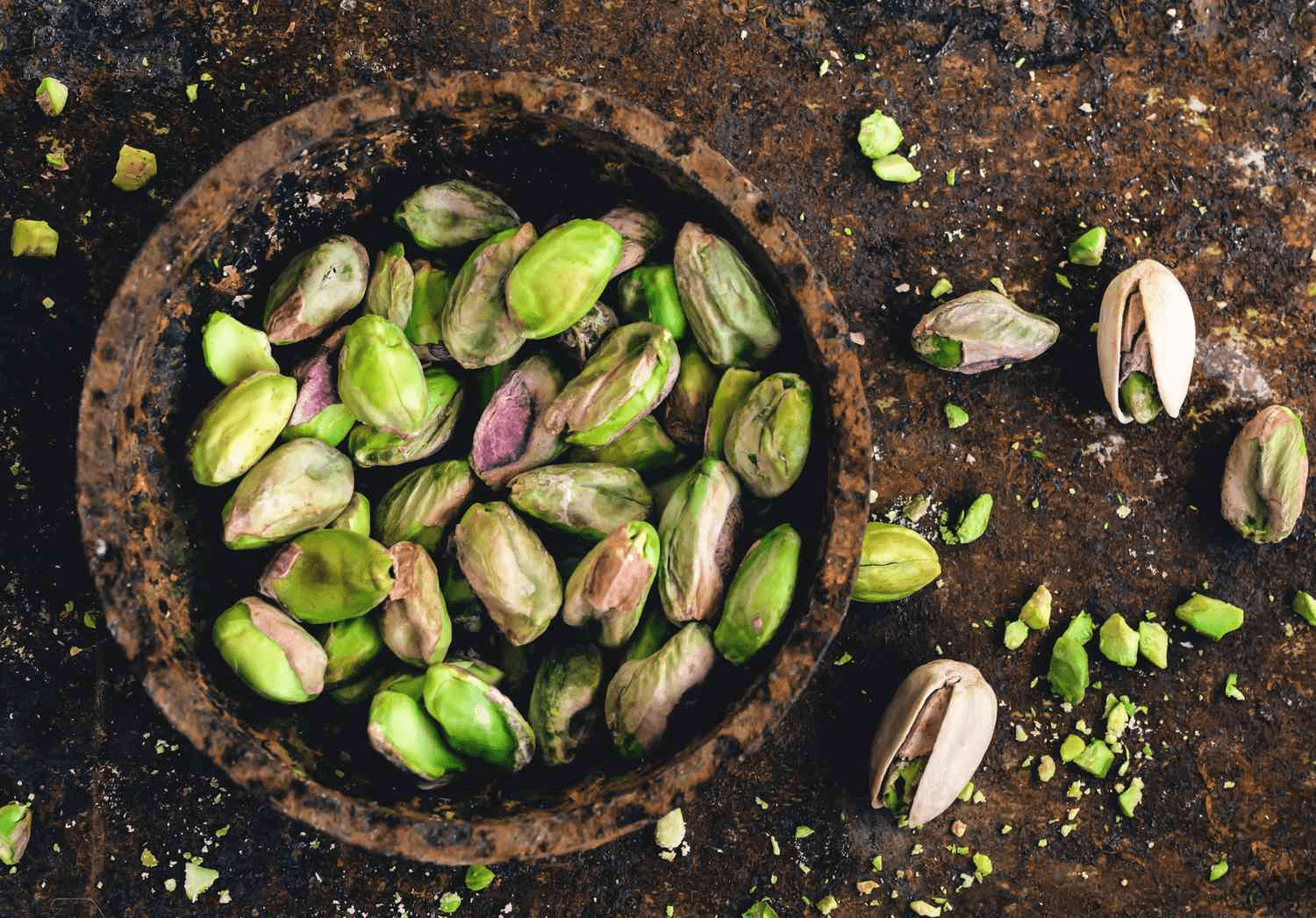It’s 2:17 a.m. You’ve turned your pillow three times, your blanket feels too warm, and your mind won’t stop replaying the day’s worries. You reach for your phone, hoping a few scrolls will calm you down, but you know it won’t.
What if the secret to falling asleep faster and staying asleep longer wasn’t in a pill, a gadget, or a glass of wine, but in something you already have in your kitchen?
Yes, we’re talking about pistachios. Those small, green gems you might snack on while watching TV may hold the key to the deep, restorative sleep you’ve been missing.
But how could a handful of nuts possibly replace your nighttime struggles with insomnia? Let’s dig in.
The Real Reason You Can’t Sleep (And It’s Not Just Stress)

Many adults over 45 assume that sleep problems are just part of getting older. But the truth is, your body’s melatonin production naturally declines with age.
Melatonin is the hormone that tells your body when it’s time to wind down. When your levels drop, your sleep becomes lighter, shorter, and more fragmented.
You might notice:
- You fall asleep later and wake up earlier.
- You feel tired but wired.
- Even after “sleeping,” you wake up groggy and unrefreshed.
Here’s the twist: instead of reaching for synthetic melatonin supplements, there’s a food that can naturally support your body’s own rhythm—and it’s hiding in plain sight.
Why Pistachios Are Nature’s Sleep Capsules
Pistachios are one of the richest natural sources of melatonin found in any food. In fact, studies show that a small handful (about 1–2 ounces) can provide as much melatonin as some high-dose natural supplements.
But pistachios don’t stop there. They’re also packed with:
- Magnesium – a mineral that relaxes muscles and supports deep sleep
- Healthy fats – which stabilize blood sugar and prevent nighttime hunger spikes
- Protein and antioxidants – which help repair tissues while you rest[rotated_ad]
Imagine finishing your dinner, watching a bit of TV, and instead of late-night chips, you enjoy a small bowl of pistachios. Within 60 minutes, your body begins to quiet down. Your mind stops racing. You sink into bed, and this time… you actually stay asleep.
Case Study #1: “I Finally Slept Through the Night”

Meet Linda, 62, a retired nurse from Oregon. For years, she dreaded bedtime. Even though she followed every “sleep hygiene” rule—no caffeine, dark room, calming music—she still woke up at 3 a.m. every night.
Then she read about melatonin-rich foods and decided to give pistachios a try.
Linda didn’t just sleep better. She also noticed improved morning energy, fewer sugar cravings, and a calmer mood throughout the day.
But why does this little nut have such a powerful effect?
Melatonin + Magnesium: The Dynamic Duo for Sleep

Melatonin sets your internal clock, but magnesium ensures your muscles, nerves, and mind are ready to follow the signal.
A magnesium deficiency is one of the hidden culprits behind restless legs, nighttime cramps, and that feeling of “can’t switch off.”












0 comments:
Post a Comment